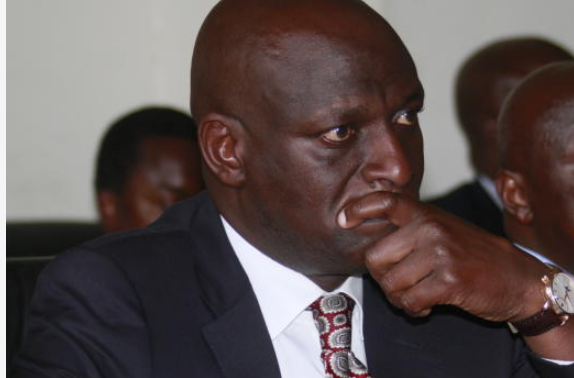×
The Standard e-Paper
Join Thousands Daily

Parastatals in the Energy ministry have been turned into looters' paradise where managers continue to loot billions of shillings from the taxpayers.
Outgoing Kenya Pipeline Company (KPC) boss Joe Sang and four other managers are now the latest executives in the Energy ministry set to face graft related charges as the Directorate of Criminal Investigations (DCI) tightens his noose around parastatals under the Energy ministry.